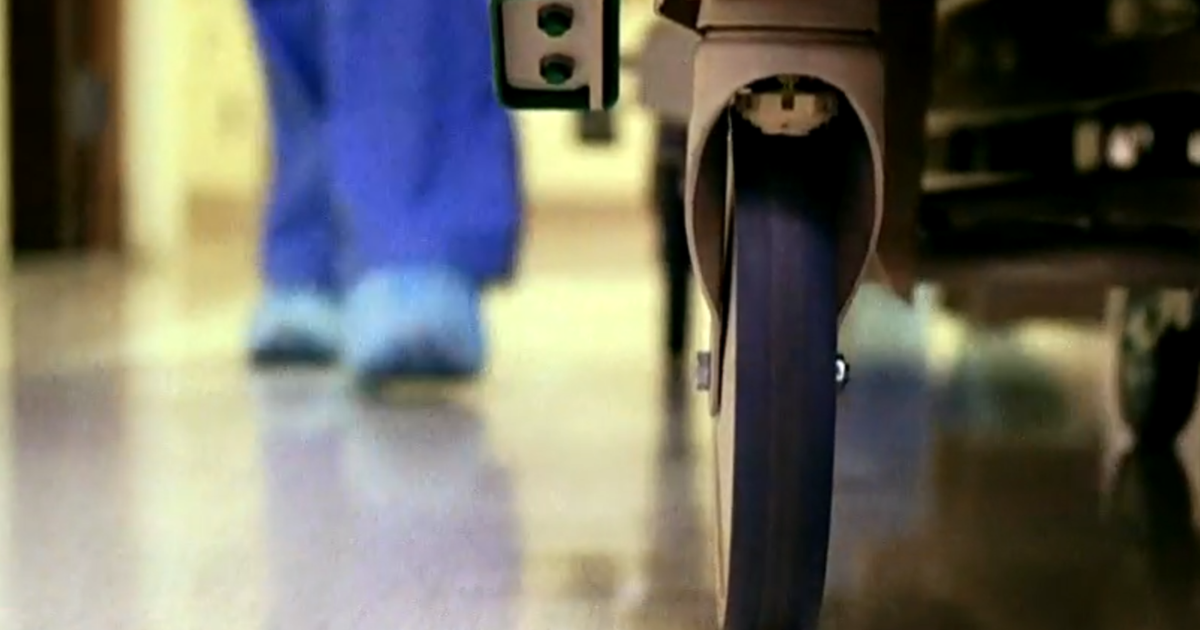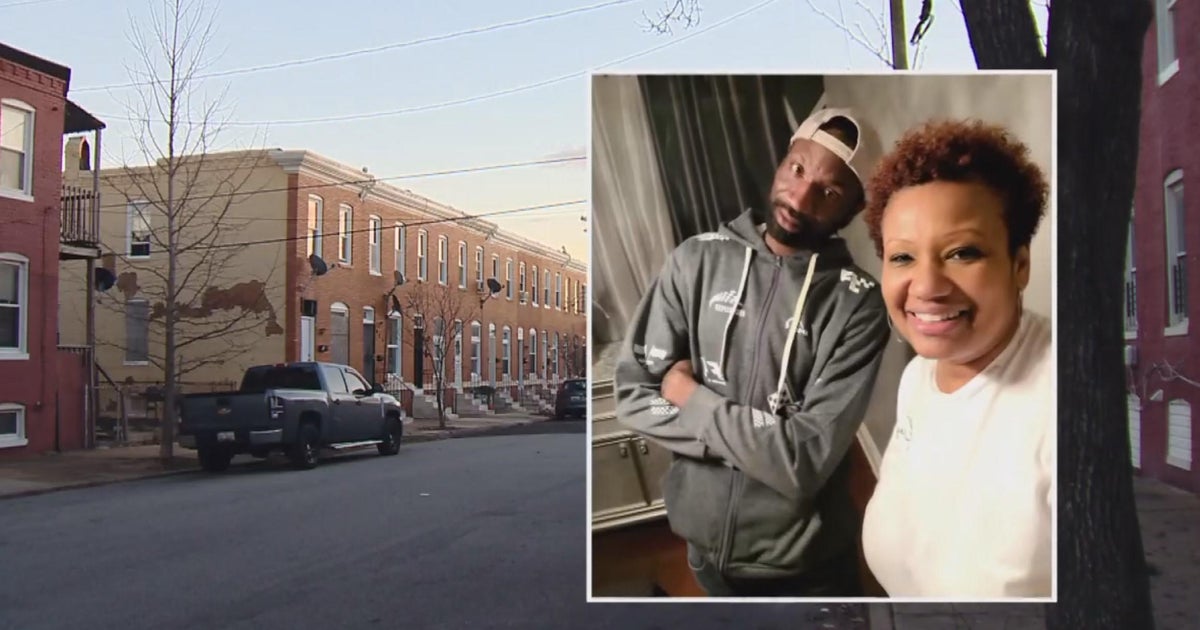Tips for staying healthy as experts warn of possible holiday surge in respiratory illnesses like RSV, COVID
Experts are warning of a possible holiday surge in respiratory illness, including RSV, COVID and the flu. CBS News medical contributor and KFF editor-at-large for public health Dr. Celine Gounder sat down with "CBS Mornings" to discuss what people can do to try to stay healthy during the holidays.
Gounder said it's not too late to get a flu or COVID vaccine before the holidays, as well as an RSV shot for those eligible. When it comes to RSV, those most at risk are people over 60, and babies.
"There are three tools, really, here available," Gounder said, including a monoclonal antibody that can be given to infants under the age of 6 months and a second monoclonal antibody that can be given to infants who are 8-19 months old.
The third option is an RSV vaccine, which can be given to pregnant people 32 to 36 weeks pregnant, and elderly people.
If you're eligible, "you should be getting vaccinated for RSV for the season," Gounder said.
RSV can start out as what seems like a common cold with sniffles and a cough, Gounder said. But RSV and other respiratory illnesses like COVID can go into the lungs and cause pneumonia. Gounder suggests monitoring young children for high temperatures, difficulty breathing or blue coloring under their nails or on their lips, which would be "severe signs" of illness.
How else can I avoid getting sick around the holidays?
Another way to prevent illness is to improve air ventilation indoors. Try opening doors and windows when it's possible, Gounder said, or purchasing an air filtration unit.
When not at home, wearing masks can help prevent sickness in the first place. Gounder recommends wearing them on public transit or in crowded places.
If you do get sick, wearing a mask in public can help avoid spreading illness to others. The U.S. government is also offering another round of free COVID tests for every household, so ordering those and taking one if you're feeling under the weather can help make sure you don't spread the respiratory illness. If you did not order COVID tests earlier this fall, your household can receive eight free tests.
for more features.




